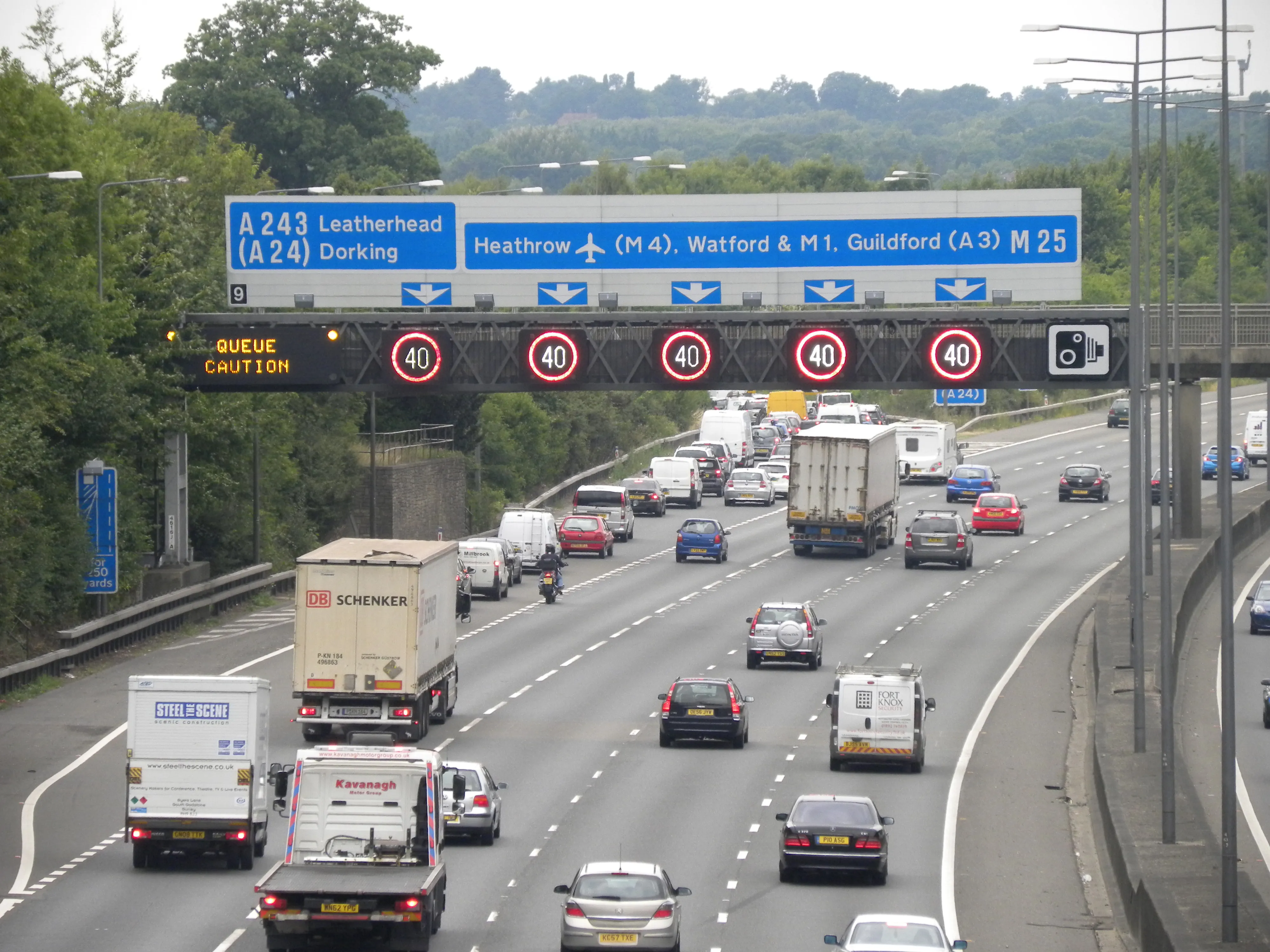It will cost US$ 7 billion over the next 20 years to maintain the US state of North Dakota’s township and county roads, according to a new study by the Upper Great Plains Transportation Institute (UGPTI) at North Dakota State University. The study highlights how the roads have been affected by truck traffic following the growth in North Dakota's economy. A similar survey was done by the UGPTI in 2010. Spending worth $654 million was suggested on road upkeep for the coming 24 months.
October 2, 2012
Read time: 2 mins
It will cost US$ 7 billion over the next 20 years to maintain the US state of North Dakota’s township and county roads, according to a new study by the 6648 Upper Great Plains Transportation Institute (UGPTI) at North Dakota State University.
The study highlights how the roads have been affected by truck traffic following the growth in North Dakota's economy. A similar survey was done by the UGPTI in 2010. Spending worth $654 million was suggested on road upkeep for the coming 24 months. That includes US$ 356 million for roads in the state's oil region. In the budget recommendations made by incumbent Republican Jack Dalrymple to legislature in 2010, US$ 142 million for county and township roads in the state's oil sector was requested.
Lawmakers had requested for an examination to be done on bridge maintenance and construction expenses. UGPTI director, Denver Tolliver, said that the analysis could be done by the end of 2012. The survey, which was presented to North Dakota Legislature's Budget Section on 20 September 2012, indicates that legislators have a lot of spending demand on the state's budget surplus, which is projected to amount to $ 1.6 billion by June 2013.
The study highlights how the roads have been affected by truck traffic following the growth in North Dakota's economy. A similar survey was done by the UGPTI in 2010. Spending worth $654 million was suggested on road upkeep for the coming 24 months. That includes US$ 356 million for roads in the state's oil region. In the budget recommendations made by incumbent Republican Jack Dalrymple to legislature in 2010, US$ 142 million for county and township roads in the state's oil sector was requested.
Lawmakers had requested for an examination to be done on bridge maintenance and construction expenses. UGPTI director, Denver Tolliver, said that the analysis could be done by the end of 2012. The survey, which was presented to North Dakota Legislature's Budget Section on 20 September 2012, indicates that legislators have a lot of spending demand on the state's budget surplus, which is projected to amount to $ 1.6 billion by June 2013.








